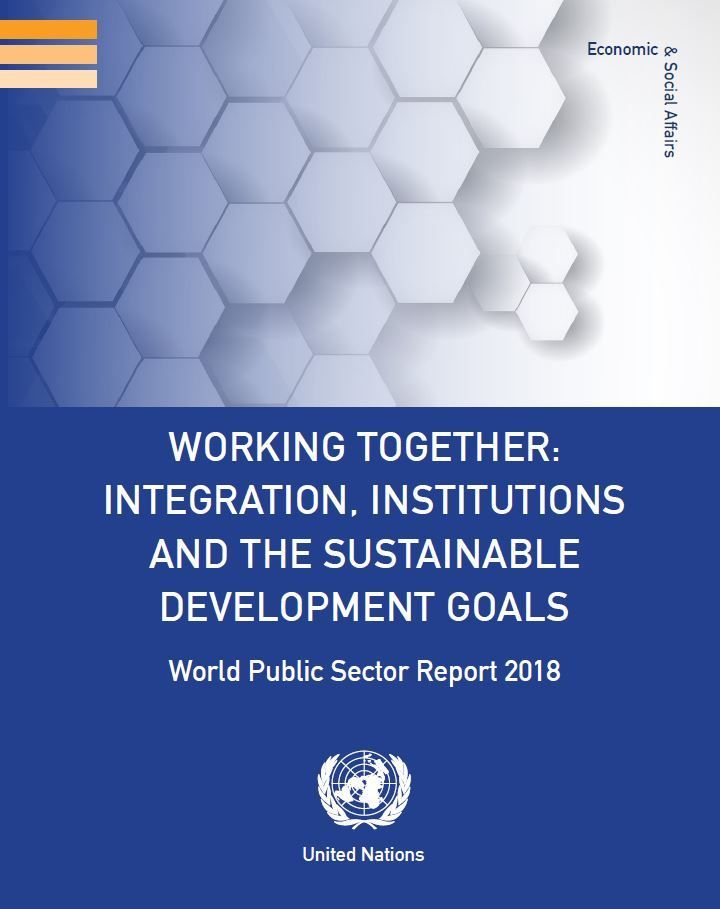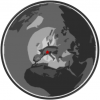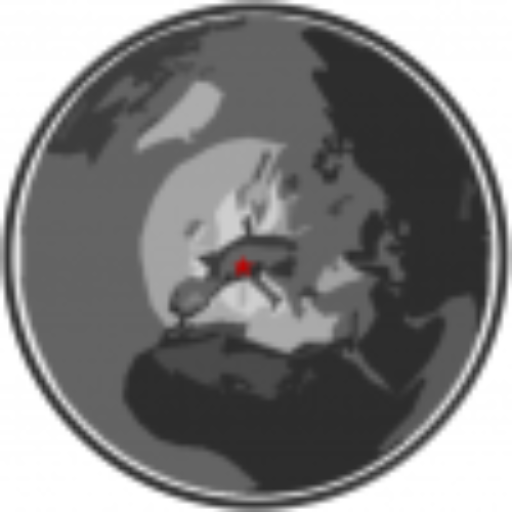Working Together - Integration, Institutions and the Sustainable Development Goals

This report examines how the public sector can foster integrated approaches to implementing the 2030 Agenda and the Sustainable Development Goals (SDGs). It examines challenges and opportunities for integrated approaches, highlighting past experiences. It examines how governments across the world have chosen to address existing interlinkages among the SDGs, and their implications for public institutions. It aims to produce a comprehensive empirical analysis of policy integration for the SDGs at the national level, with a view to drawing lessons on how emerging initiatives aiming to policy and institutional integration might lead to success in achieving the SDGs in different contexts. Concrete examples are given.
Acknowledging possible synergies and trade-offs between the sustainable development goals (SDGs) and targets will make it much easier to achieve the Agenda and to translate ambition into reality.The World Public Sector Report 2018 aims to inform efforts by countries to foster policy integration for implementing the SDGs. It asks, what are the challenges to and opportunities for policy integration across the different stages of policy cycle at the national level? What are some innovative examples of institutional and administrative arrangements that can foster integrated approaches to the 2030 Agenda?
The report distinguishes the dimensions of horizontal integration, i.e., integration across sectors or institutions; vertical integration, i.e., integration of policies and actions across various levels of government; and engagement, i.e., the inclusion of relevant stakeholders in the realisation of shared development objectives.
The GCF contribution entitled “Integration, coordination and Coherence for Agenda 2030 and SDGs” by Sten Thore (The IC2 Institute, University of Texas at Austin), Ruzanna Tarverdyan (Geneva Consensus Foundation), and Martina Lubyova (Centre for Social and Psychological Research (SAS)) was one of eight received contributions that met the requirements of the call for Policy Briefs.

